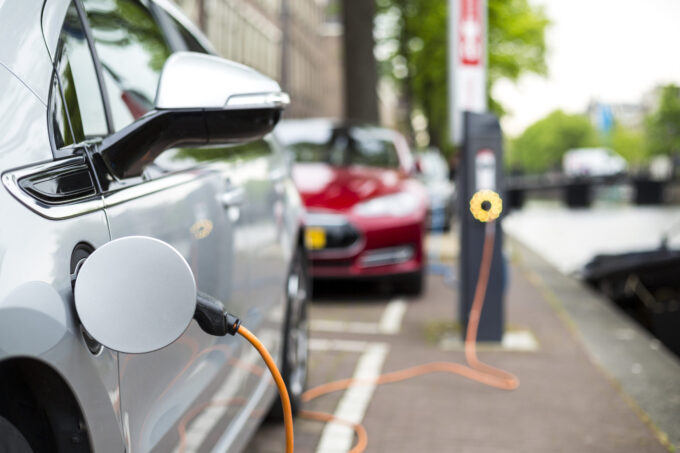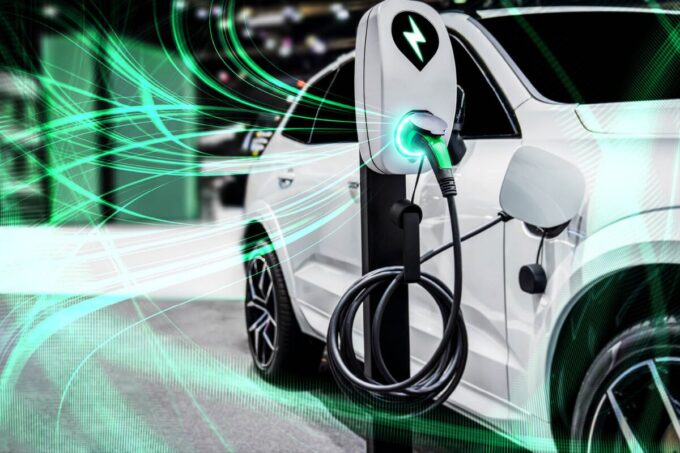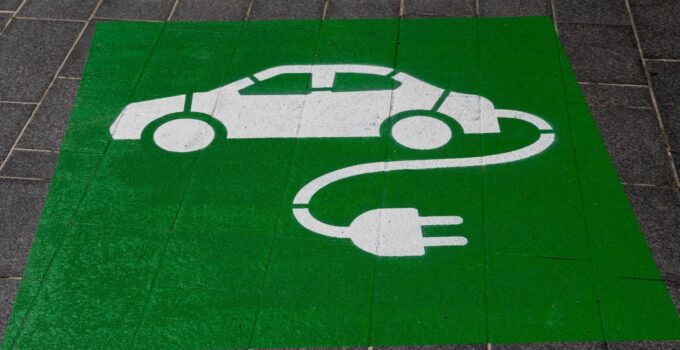Not so long ago, the thought of investing in an electric vehicle, or EV, was only centred around personal use. It was almost unheard of to switch an entire business fleet to EVs.
However, advancements in electric vehicle technology mean fleet electrification has become a real consideration these days. Equipping each vehicle with its own EV charging cable is only the first step in making the giant leap to an electric fleet. If this is something your company is considering, then this post is a must-read!
Adopting a Fleet Electrification Approach

Source: insights.leaseplan.co.uk
With the focus on sustainability, many consumers are opting for lower emissions vehicles. That said, Australian businesses are looking to get in on the action as they believe they are in a position to make a considerable difference. A 2023 study has shown that a least 40% of Australian businesses (with fleets) are expected to switch to EVs or hybrids in 2024.
On a global scale, international businesses such as Amazon, USPS, FedEx and DHL have already embraced the change. If you’re considering this too, you may be curious about the benefits associated with such a significant change. Our experts have compiled a list of the top benefits that your business will experience.
1. Potential Cost Savings
In addition to making money, saving on expenses is the top goal of just about every business. That said, owning a fleet of vehicles can be a very costly aspect of your business. Traditional fleets require costs commonly associated with combustion engine vehicles such as vehicle maintenance or replacement and fuel.
With fluctuating fuel prices, these costs can be difficult to budget for. EVs, on the other hand, require considerably less maintenance. Furthermore, electric prices are often cheaper and more stable, and many dealers have bulk deals for fleet purposes.
2. EVs Perform Better and More Efficient

Source: cleanchoiceenergy.com
We all know that early EVs had a reputation for not being very efficient. While this opinion has always been unjustified, it was difficult to convince traditional vehicle owners in the early days. However, it’s important to point out that modern EVs are more efficient and even perform better.
Since fleet vehicles, such as delivery trucks, are often expected to make frequent stops in city traffic, traditional vehicles experience more wear and tear on their components.
Also, EVs have been designed to be more efficient at accelerating. This means they ultimately have greater torque, making them ideal for moving larger loads.
3. Adhere to Safety Requirements
Another unwarranted rumour about EVs is that they are not as safe as combustion engine vehicles. It’s crucial to point out that EVs are required to meet specified vehicle safety standards. This includes the much-discussed battery safety standards that many people often question.
In Australia, all-electric vehicles must pass the safety standards set out by the Australasian New Car Assessment Program, more commonly referred to as ANCAP. These safety standards include crash testing all automobiles on sale in Australia. It’s also important to point out that the charging stations that accompany EVs have to undergo the same tests.
4. Easier to Reach Sustainability Goals

Source: theamericanconservative.com
If you’re keeping abreast with current affairs, then you know that Australia has several sustainable development goals to achieve by 2030. One of these goals is to significantly reduce carbon emissions.
As a business owner, opting for electric vehicles is one of the easiest ways to ensure that your company is doing their part. Fleet electrification is the quickest way to instantly reduce your business’s CO2 emissions and contribute to a greener future that your company can be a part of!
5. Enhances Your Brand Image
On average, the criteria that drive a customer to your brand or business have changed. These days consumers are opting for brands that share their social and community values. This also means that more people are opting to support brands that share their concerns about sustainability and environmental concerns.
When you electrify your fleet, your company will be making a bold statement about your support of environmental concerns. This in turn can have a significant impact on building your brand image and giving you that competitive advantage that every company strives for.
6. Potential Tax Savings

Depending on which state you live in, your business could be looking at receiving rebates and incentives for making the EV transition. Companies who are interested in making the switch should review The Electric Car Fringe Benefits Tax Exemption legislation passed in November 2022.
In some instances, this legislation will reduce the cost of EVs for Australian fleet-operated businesses. Our experts recommend checking to see if your business and fleet type and uses qualify for the benefits on offer.
Final Thoughts
While there are many aspects to consider before you make the electrification switch, it’s important to keep these benefits in mind. Not only will you instantly enhance your reputation, but you will also be looking at overall cost savings, making this a win-win situation!
In conclusion, transitioning to an electric fleet offers numerous benefits for businesses beyond just environmental sustainability. From potential cost savings to improved performance and meeting safety standards, electric vehicles present a compelling case for fleet electrification. Moreover, embracing EVs can help businesses align with sustainability goals, enhance brand image, and even lead to tax savings. While the decision to switch requires careful consideration, the advantages speak for themselves. By weighing these benefits against your company’s needs and goals, you can make a strategic move towards a greener, more cost-effective, and socially responsible future for your fleet operations.







